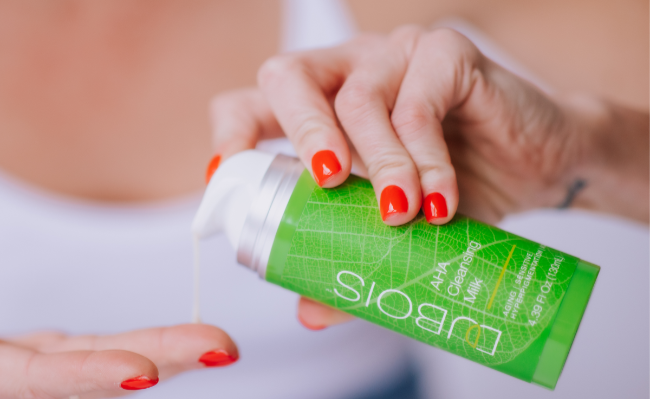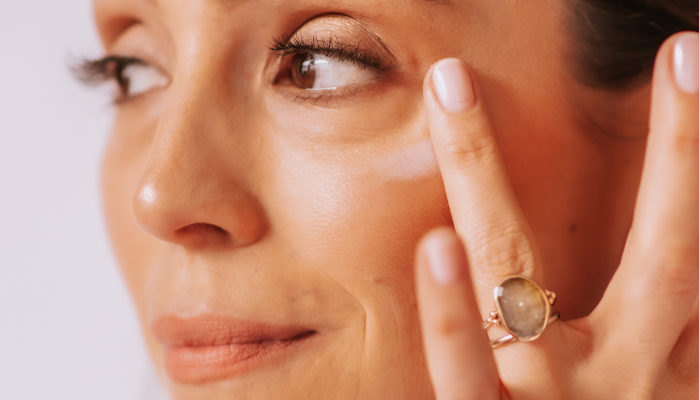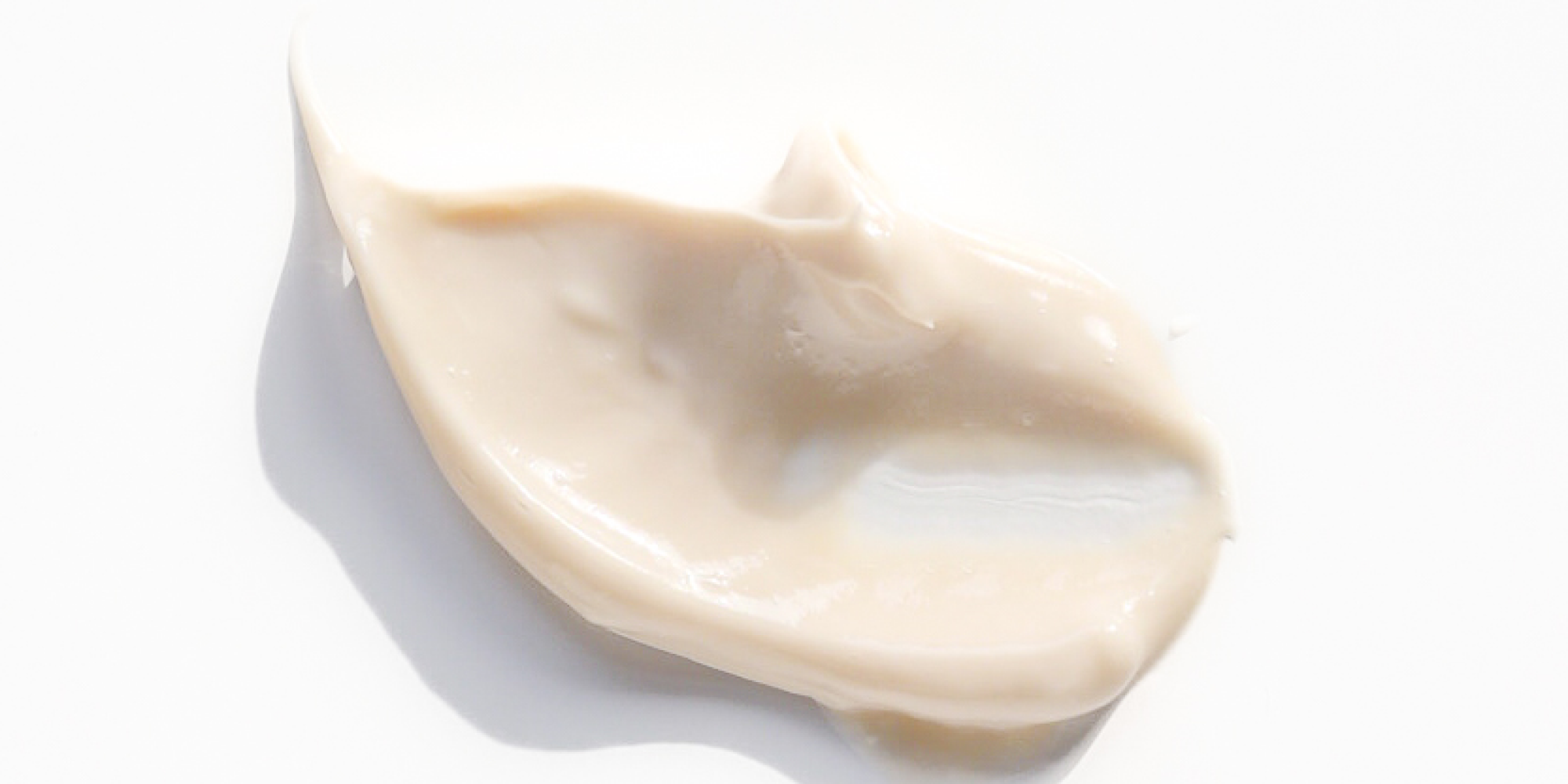
The Science of Natural Skincare: Your Path to Radiant Skin
Written by Sarah Falcon - Published at
If you’re like many of us, you’ve likely wondered what’s best for your skin. Let’s explore how natural ingredients can enhance your skincare routine, backed by science.
The Basics of Natural Skincare
Your skin is the largest organ of your body. It acts as a barrier, protects against pathogens, and helps regulate body temperature. Therefore, it’s essential to care for it properly.
Why Go Natural?
Natural skincare products are often gentler on the skin. They’re free from synthetic chemicals, which can cause irritation or long-term damage. Plus, they tend to be more eco-friendly. But what does the science say?
Key Natural Ingredients and Their Benefits
Let’s look at some superstar natural ingredients and what science has to say about their benefits.
Aloe Vera
- Benefits: Aloe vera is well-known for its soothing and healing properties.
- Science: Studies show that aloe vera can accelerate wound healing and reduce inflammation. It’s effective in treating burns and minor cuts.
- Find it in our: AHA Cleansing Milk, CLARIFYING Charcoal Cleanser, and RENEW Buffing Cream
Chamomile
- Benefits: Chamomile is calming and anti-inflammatory.
- Science: Clinical studies have demonstrated its effectiveness in reducing skin irritation and speeding up the healing process of dermatological conditions.
- Find it in our: CLARITY AHA Toner, CALM Saratoga Minerals Mist, and MARULA BLOOM Cleansing Oil
Shea Butter
- Benefits: Highly moisturizing and rich in vitamins A and E.
- Science: Shea butter is effective in treating dry skin, improving skin barrier function, and even has anti-inflammatory properties.
- Find it in our: RESTORATIVE Night Cream and BRIGHT EYES Eye Cream
How to Choose the Right Natural Products
When selecting natural skincare products, always read the labels. Look for high concentrations of active ingredients. Avoid products with long lists of unrecognizable components.
Natural skincare isn’t just a trend; it’s a science-backed approach to maintaining healthy skin. By choosing products with proven natural ingredients, you can enjoy a radiant complexion without the risk of harsh chemicals. Embrace the power of nature and let your skin thrive!
References
- Surjushe, A., Vasani, R., & Saple, D. G. (2008). Aloe vera: A short review. Indian Journal of Dermatology 53(4), 163-166.
- Klein, A. D., & Penneys, N. S. (1988). Aloe vera. Journal of the American Academy of Dermatology, 18(4), 714-720.
- Aertgeerts, P., et al. (1985). A clinical trial of chamomile extract cream in the treatment of atopic eczema. Dermatologica, 171(4), 267-270.
- Loden, M. (2005). Role of topical emollients and moisturizers in the treatment of dry skin barrier disorders. American Journal of Clinical Dermatology, 4(11), 771-788.
- Vaughn, A. R., et al. (2018). Effects of topical application of shea butter on skin hydration. Journal of Clinical and Aesthetic Dermatology, 11(1), 52-56.





